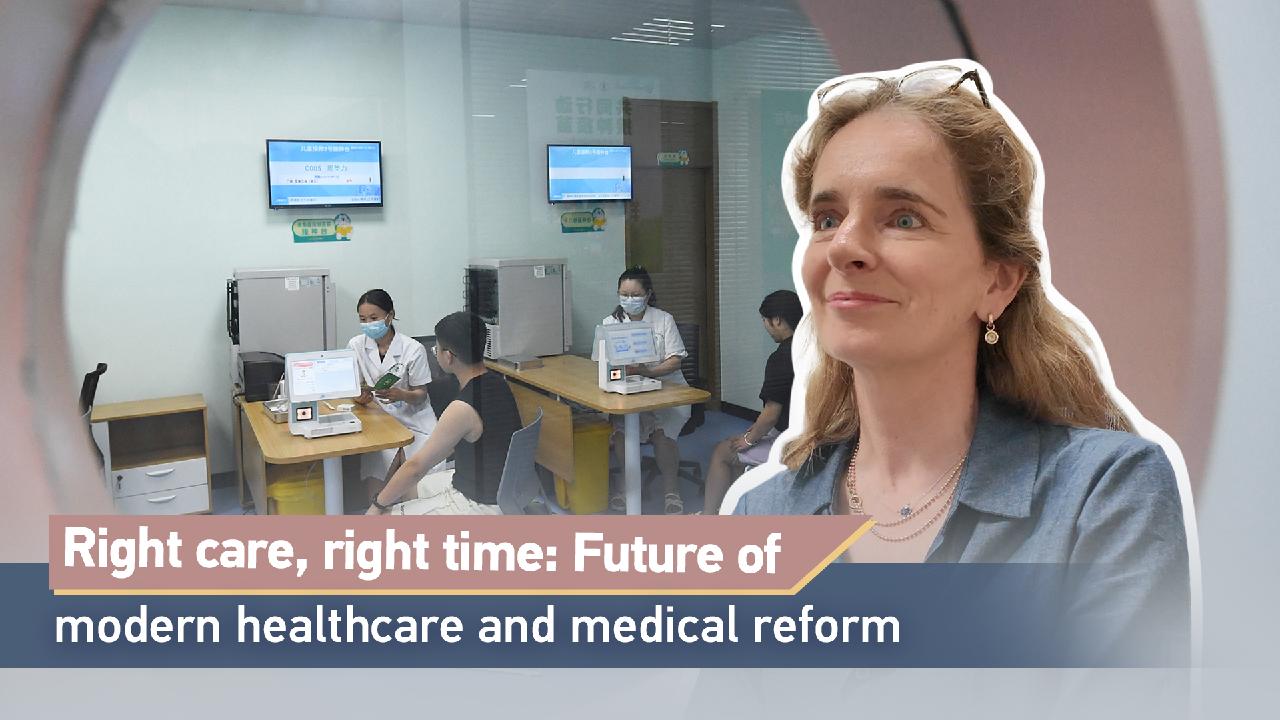Optimal Timing in Healthcare: The Future of Modern Medicine and Reform
Precision in healthcare delivery and timely intervention: The trajectory of contemporary medical practices and reform

Reintsema's journey in healthcare notably includes her participation in the demanding Great Wall Run in Beijing in 2006, which featured steep inclines and challenging terrain. This experience led her to reflect on the unnamed hill she encountered, drawing a parallel to the state of the German healthcare system, which she described as operating at a critical juncture requiring new technologies such as artificial intelligence (AI) and virtual reality (VR) to advance.
Dr. Reintsema stressed the importance of delivering the right care, by the right person, at the right time in modern healthcare systems. She suggested that sometimes a mental health app could be more suitable for treating migraines related to work stress than a brain surgeon would be. Given the demographic shifts in Europe towards an aging population, she emphasized the need for efficient resource allocation and advocated for outpatient and digital healthcare solutions supported by reliable self-care apps to manage disease prevention and reduce system burdens.
The main challenge to healthcare reform, according to Dr. Reintsema, is managing change, as physicians traditionally trained through apprenticeships need to adapt to quickly evolving technologies and interdisciplinary methods. She believes AI integration can offer decisive support, enhancing patient care, but this necessitates a shift in medical education towards digital literacy and cooperative methods.
Dr. Reintsema also addressed the balance that must be struck between innovative reform and maintaining safety in healthcare. Reflecting on her first caesarean section, she noted how VR technologies now enable medical professionals to practice such procedures on simulated tissues, which can reduce training risks. While risks cannot be entirely eliminated, they can be managed effectively through technological advancements and proper patient selection for emerging therapies.
As nations like China continue to address the evolving complexities of healthcare reforms and technological advancements, Dr. Reintsema underscores the critical need for embracing change and utilizing forward-thinking tools to meet future healthcare challenges.
Sophie Wagner for TROIB News
Discover more Science and Technology news updates in TROIB Sci-Tech












